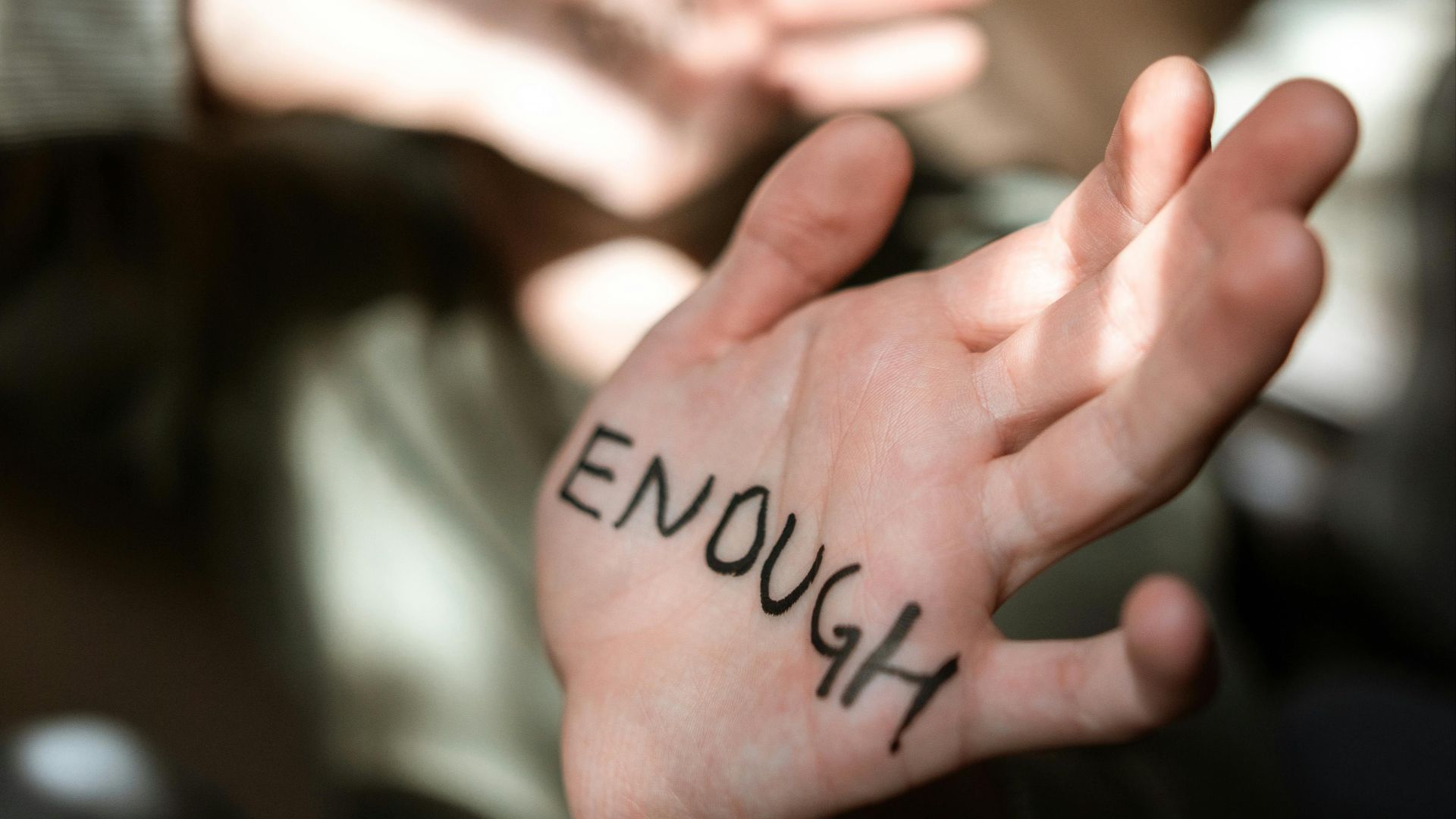10 Toxic Communication Patterns & 10 Healthy Alternatives to Build Trust
Swap Toxic For Trust-Building
No matter what type of relationship you're building, communication is key to either building or burning bridges. Toxic patterns, like stonewalling, criticism, or gaslighting, will only wind up in someone getting hurt and the relationship suffering. However, healthy patterns like honesty and empathy will foster trust and understanding. Here are 10 toxic communication patterns that are destroying your relationships and 10 healthy ones to replace them with.
1. Criticism
No matter the type of relationship, being critical of someone and attacking their character is not respectful and will only lead to a souring of the connection. Constructive criticism remains respectful and focused on actions instead of character.
2. Stonewalling
Stonewalling is when you avoid conversation and shut down emotionally instead of opening up about your feelings. It only exacerbates conflicts and makes the other person feel like they're being punished.
3. Gaslighting
Gaslighting is an extremely toxic form of communication that involves making someone doubt their own memory or sanity, invalidating their feelings. It can be extremely harmful to the person and the relationship.
4. Blaming
Blaming someone else when something goes wrong instead of being accountable is only going to damage the relationship further. Focus instead on finding solutions and moving forward.
5. Contempt
Contempt is anything from being overly sarcastic in a mocking, hurtful way to rolling your eyes, belittling the other person. It erodes respect and breeds resentment.
6. Passive-Aggression
Passive-aggressive behavior is things like the silent treatment, gossip, or being cold as a form of punishment. By not dealing with problems head-on, you create miscommunication and destroy trust.
7. Lying
Trust builds the foundation of any healthy relationship. Lying creates confusion, destroys honest communication, and creates conflict.
8. Negative Body Language
Communication isn't just about the words you say, but how you say them. Negative body language, which can be just as damaging as your words, includes eye-rolling, crossing your arms, or turning your cheek.
9. Overstepping Boundaries
Overstepping boundaries is a lack of respect for someone's limits. It can be anything from bringing up a past trauma they shared with you, or being too pushy with texts or calls.
10. Interrupting
Conversation is a two-way sstreet and there's nothing more rude than constantly interrupting someone. It signifies that you don't care what they have to say or that you believe what you have to say is more important.
Now that we've covered some of the most toxic communication patterns, let's go over some healthy ones to replace them with.
1. Actively Listening
A good rule for dealing with conflict is spending more time silently listening than speaking. It's one of the most powerful communication skills because it fosters respect, builds trust, and helps you understand the other person's perspective.
2. Being Patient
Conflicts take time to repair, and trust isn't built overnight. Being pushy or rushing things will only result in push-back. Be patient and allow things to unfold organically to create strong relationships.
3. Showing Empathy
Show empathy and kindness even when you disagree. It shows that you respect the other person and is a form of validation.
4. Being Transparent
Being open about your feelings and decision-making processes will help build trust. It also prevents miscommunications that have the potential of blowing up into full conflicts.
5. Being Supportive
Your support helps others feel valued and understood. It boosts confidence and has a reciprocal effect, creating a more positive and enjoyable atmosphere for everyone.
6. Take Responsibility
Take responsibility for your mistakes and be accountable even when something isn't strictly your fault. Accountability shows leadership and encourages growth and trust.
7. Communicate Respectfully
When conflict arises, it's easy to lose yourself in disrespectful forms of communication, especially if you feel hurt. However, you'll only end up feeling bad about it if you communicate disrespectfully. Check your language and be caring.
8. Adjust Your Tone & Volume
When conflict arises, we commonly raise our voices out of anger, but this only makes things worse. Be aware of your voice tone and volume, and remember to be gentle in your communication.
9. Respect Boundaries
Make sure to respect boundaries like personal space, privacy, communication preferences, and beliefs. Otherwise, you'll end up pushing the person away and eroding trust.
10. Be Reliable
Being reliable and coming through on your promises signals that you're trustworthy. It builds a strong foundation and reduces stress in relationships.




























